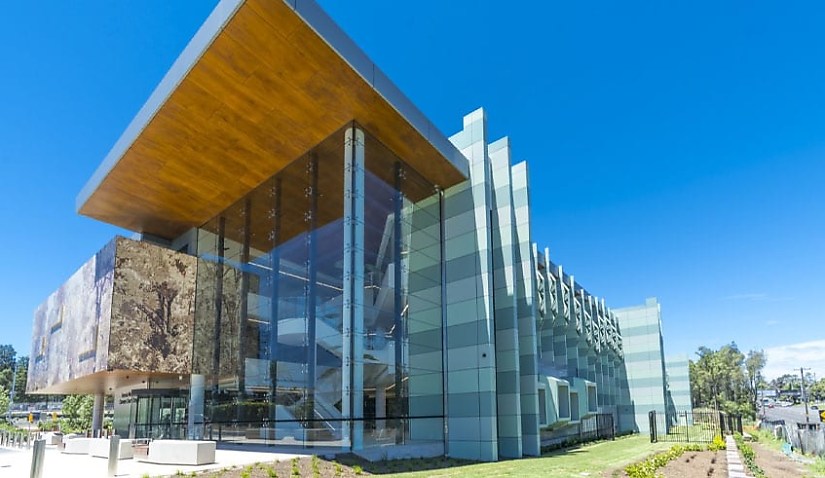Powered by MOMENTUM MEDIA
Several legal organisations have expressed disappointment in the response by the NSW government to recommendations from an inquiry into the Coroners Court, with one asking, “Why doesn’t the NSW government want coroners to expose systemic discrimination in policing, prisons and healthcare?”

The select committee on the coronial jurisdiction in NSW issued 35 recommendations in May. The government responded on Tuesday (1 November), supporting 15 of the recommendations and noting the other 20.
In 2021, sixteen Aboriginal people died in custody and police operations in NSW — double the previous annual record set in 1998.
“It’s extremely disappointing that the NSW government is failing to embrace that vision after the record number of deaths in custody in this state last year,” Ms Miles submitted.
The NSW government responded, stating that they recognise “the trauma and grief experienced by families and communities affected by an unexpected or unexplained death, and that the coronial jurisdiction must not add to this burden”.
“The government also acknowledges the importance of coronial processes being culturally safe and responsive to First Nations families, and effective in preventing the future loss of life for First Nations people,” it said.
Despite calls from legal professionals and human rights advocates for coroners to consider systemic factors that may contribute to a death, advocates have said that the government response only delays meaningful reform.
George Newhouse, chief executive and principal solicitor of the National Justice Project, said that while the commitment to a culturally safe coronial system is welcome, overall, the NSW government response is disappointing.
“The NSW government’s commitments will come as a disappointment to many families who are seeking answers about the death of their loved ones. All this does is protect governments from scrutiny,” said Mr Newhouse.
The ALS expressed particular disappointment in the government’s lack of support for several recommendations, including:
“Common sense says that coroners should use their powers of investigation to prevent deaths — yet the NSW government has ruled out even this simple recommendation to stop more needless deaths,” Mr Newhouse said in reference to the lack of support for recommendation 16.
“Grieving families deserve better. They deserve a coronial system that can deliver justice through truth, accountability, and prevention.”
In response to recommendation 13, the government stated that they “[do] not consider it consistent with the function of the judiciary for it to have a monitoring and reporting function in relation to coronial recommendations, or coercive information to gather powers for that purpose”.
In response to recommendation 26, they recognised the importance of NSW courts reflecting the diversity of its population, including First Nations people, and encouraged applications for judicial appointments from qualified Aboriginal and Torres Strait Islander lawyers.
“To note a recommendation is essentially to put it on the backburner,” Ms Miles stated, “but we have no time to lose when it comes to reforming the systems and environments that put Aboriginal lives at risk”.
“Aboriginal families and communities deserve for their loved ones to be safe when dealing with police and prisons. When those public institutions fail them, they deserve accountability. This is the bare minimum. It’s not too much to ask for,” Ms Miles said.
The Bar Association of NSW noted that the government’s response did not commit any additional funding to the coronial system, despite considerable backlogs in coronial hearings and a significant rise in Aboriginal deaths in custody and police operations.
Whilst holding disappointment for the government’s response, the National Justice Project recognised positive steps that the NSW government has taken this year in appointing Aboriginal liaison officers in the NSW Coroners Court.
We're evolving — and so should your insights. Heads up — Lawyers Weekly is going premium from 1 May for just $5 a month. Stay informed without missing a beat. More information coming soon.